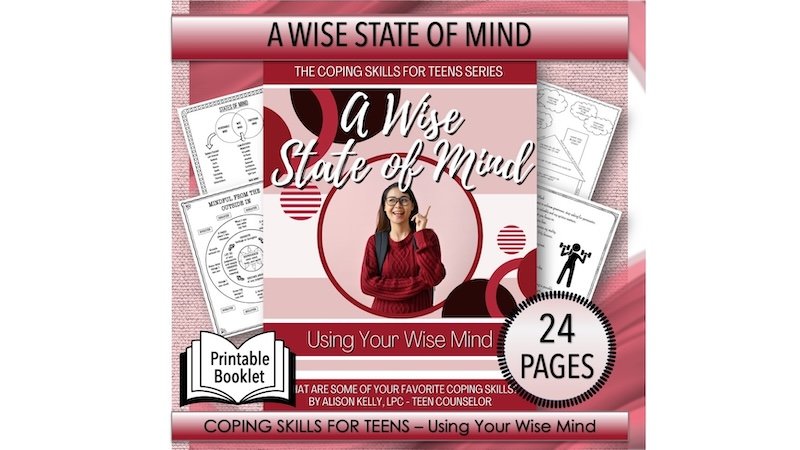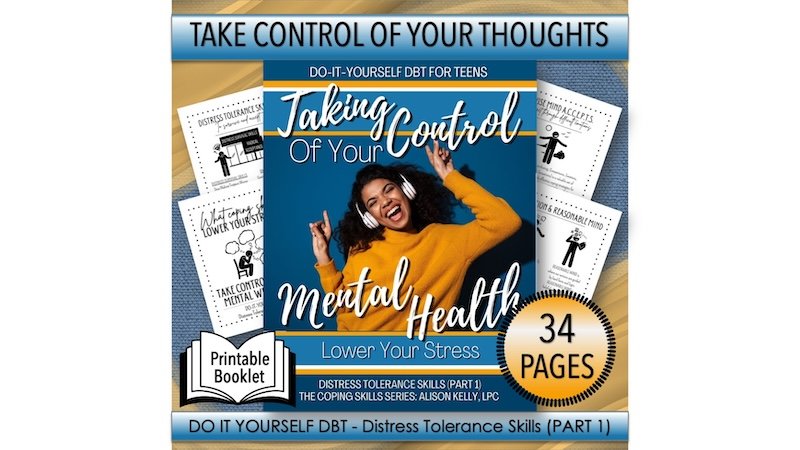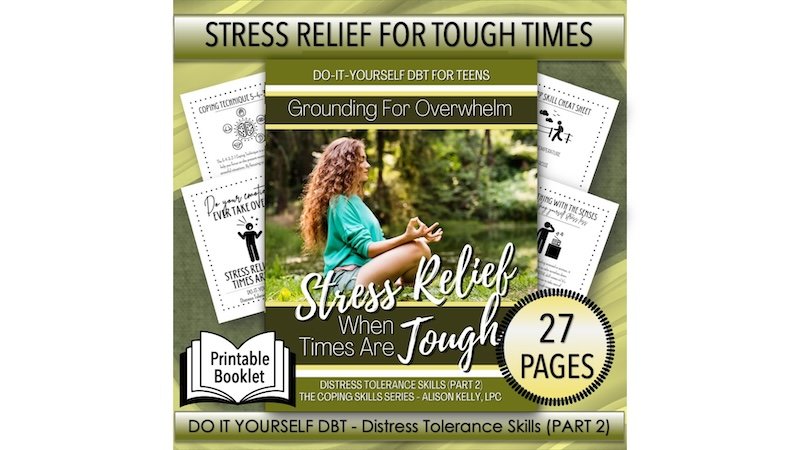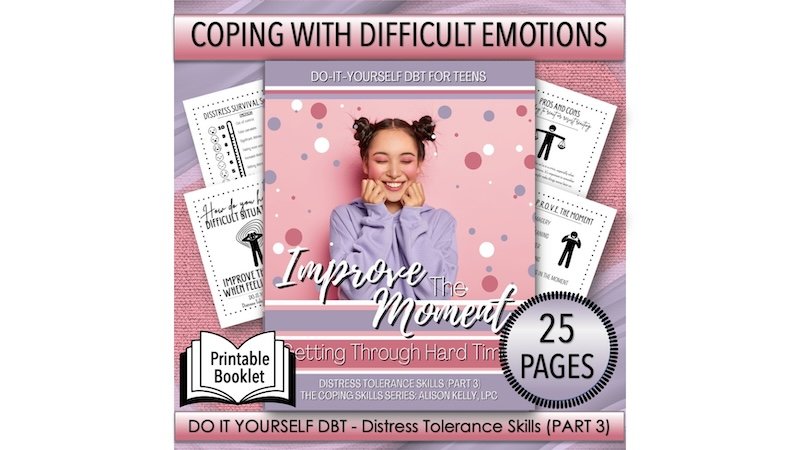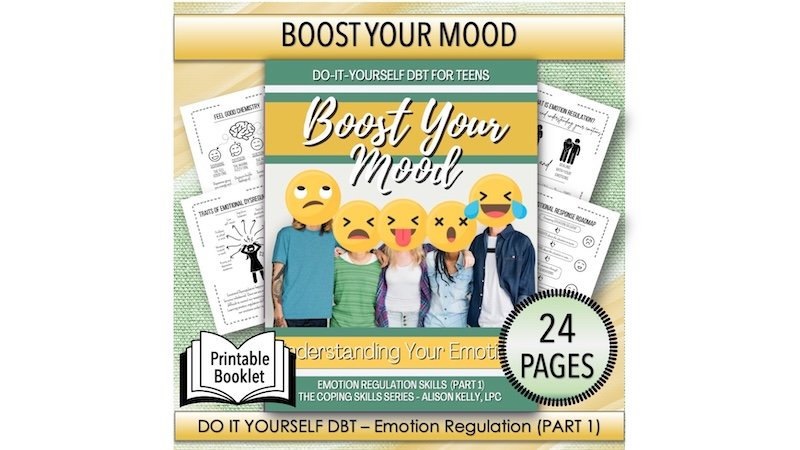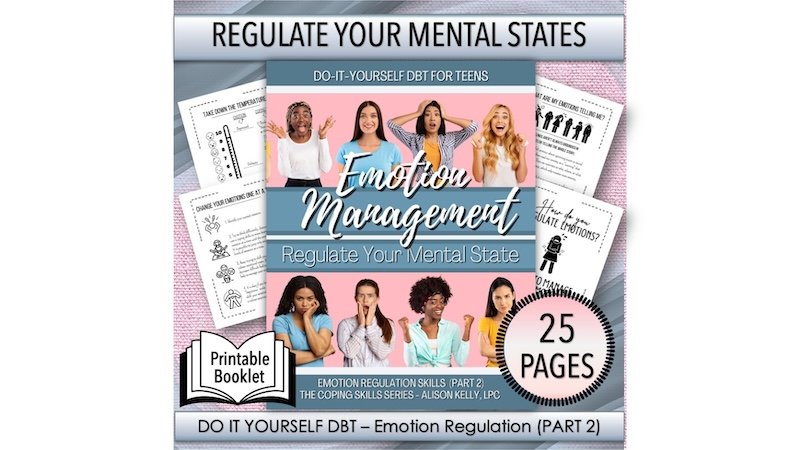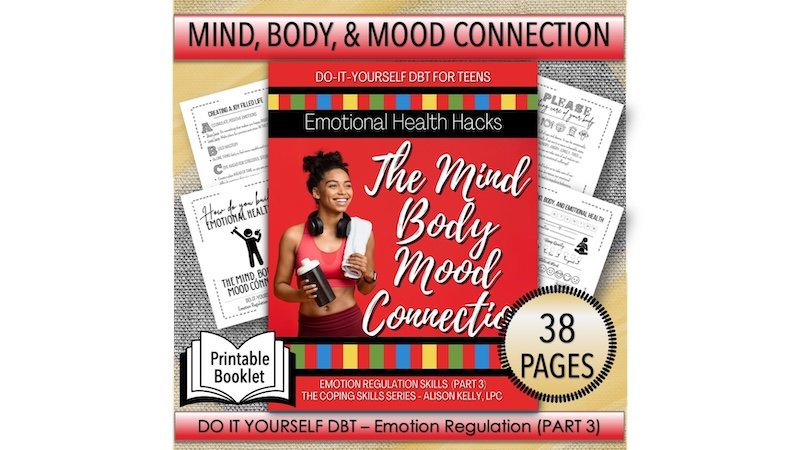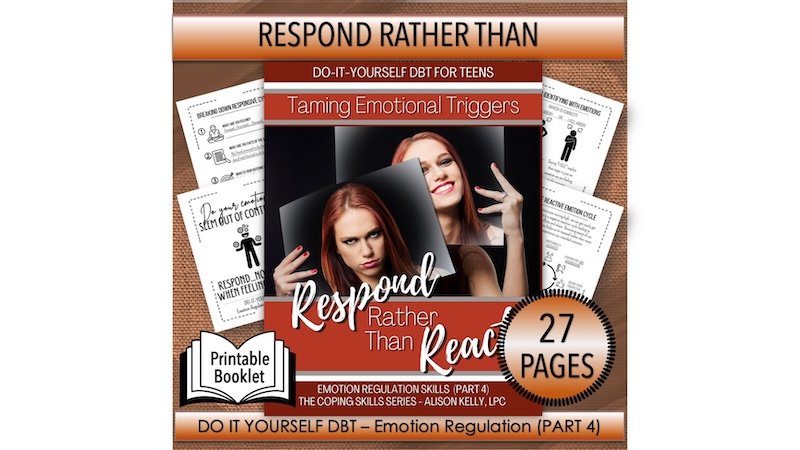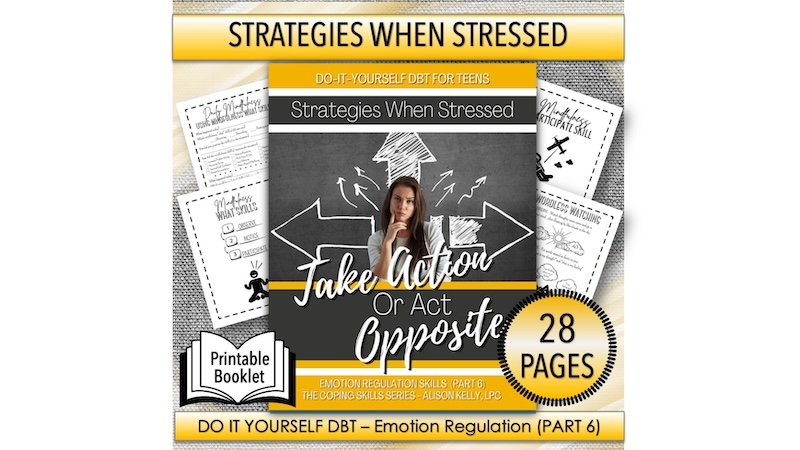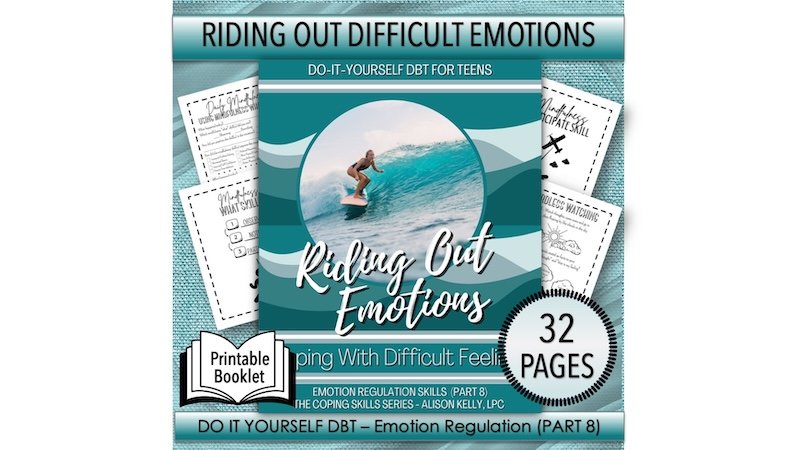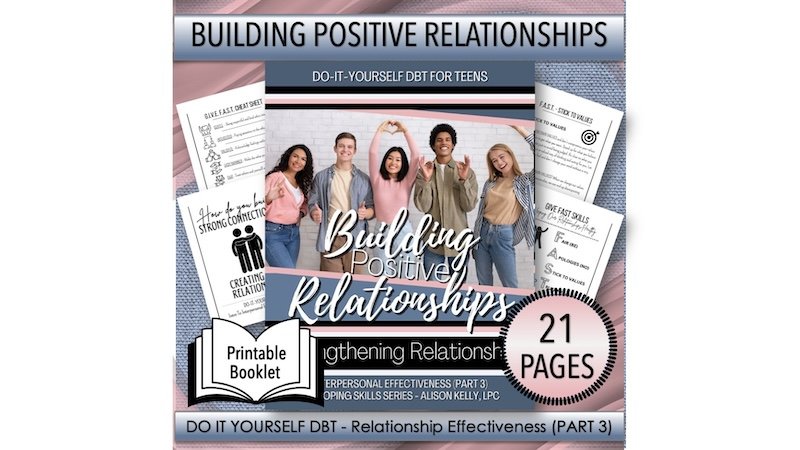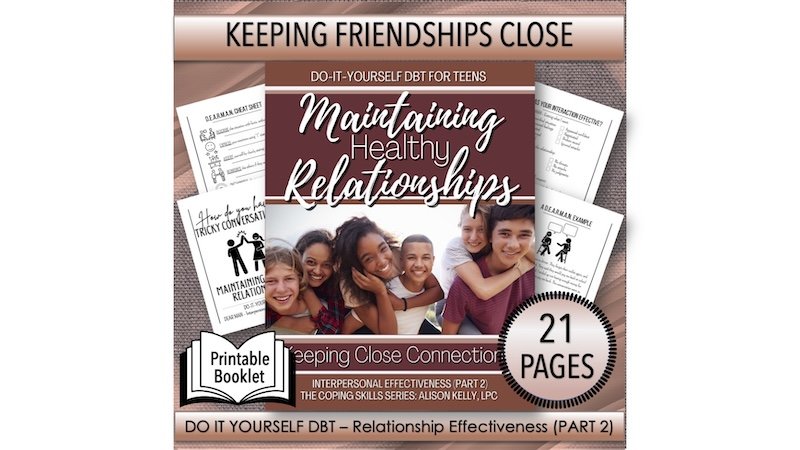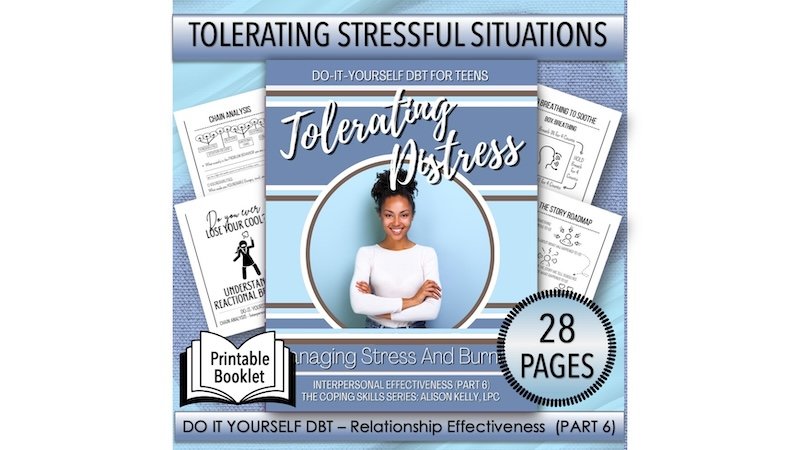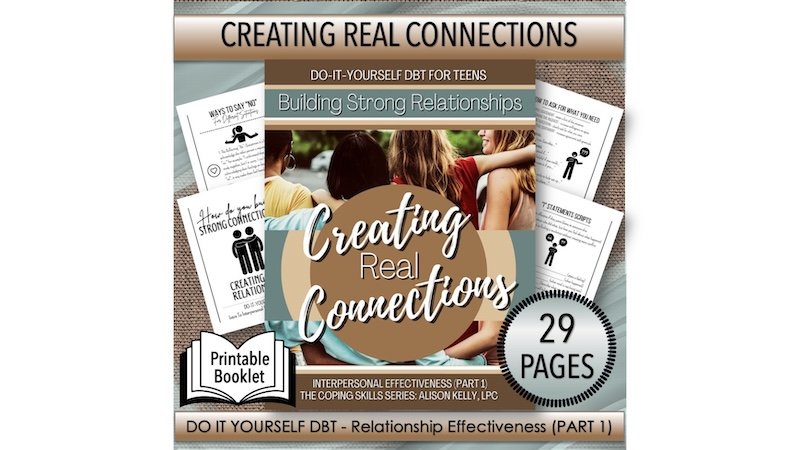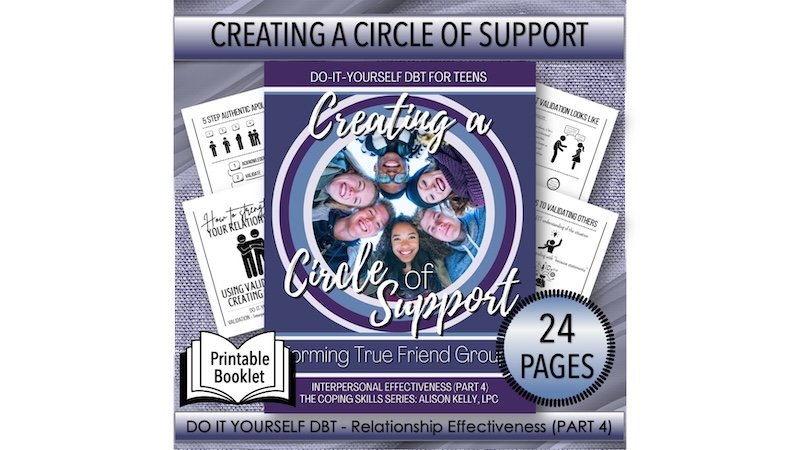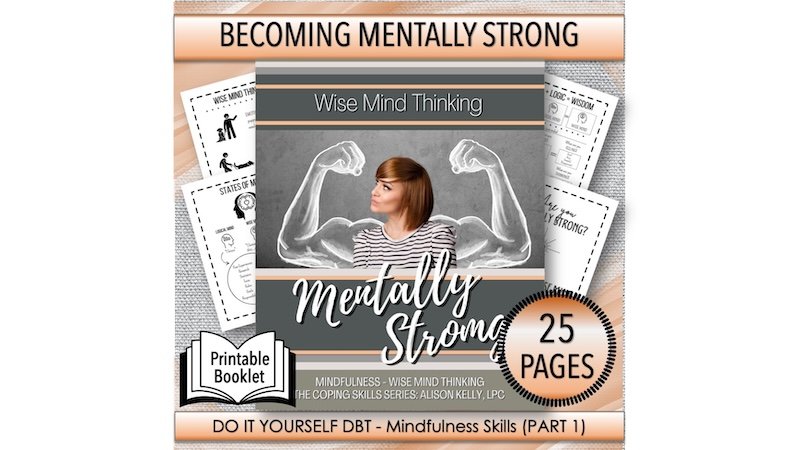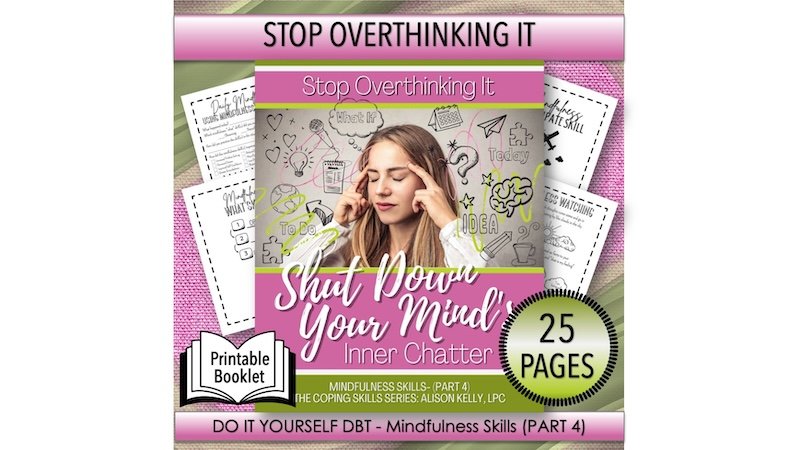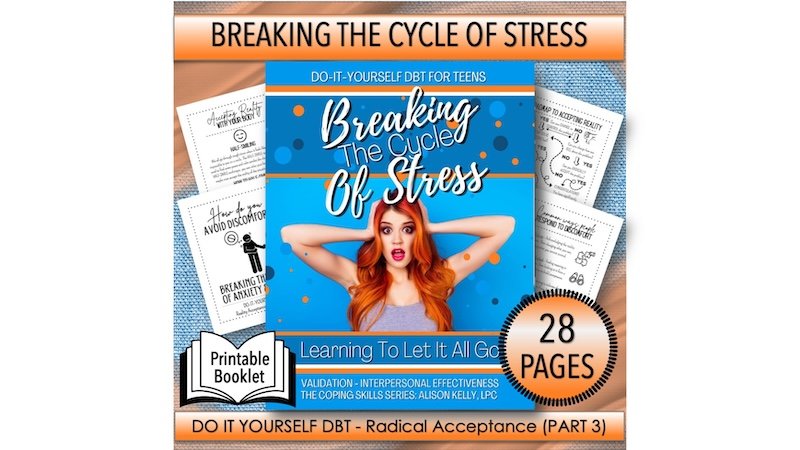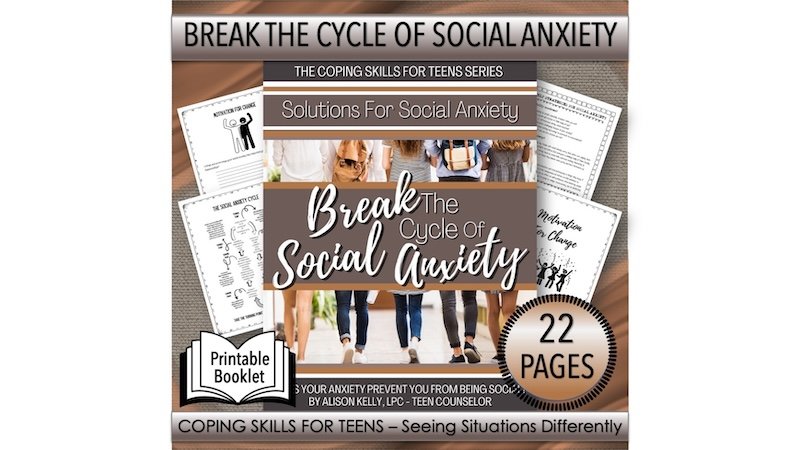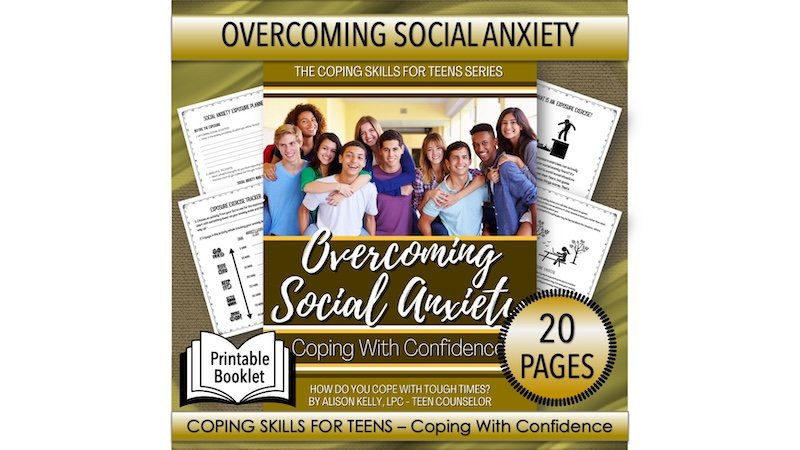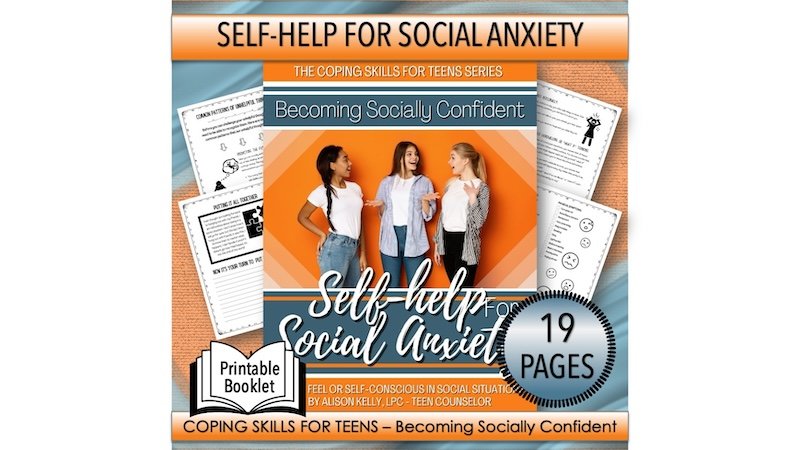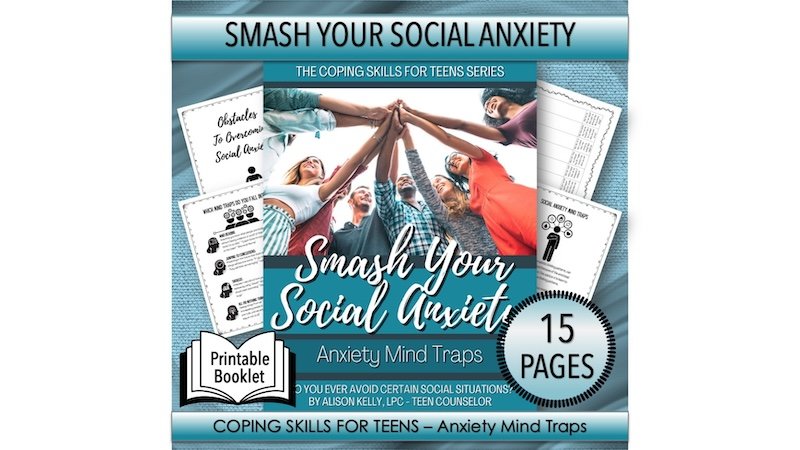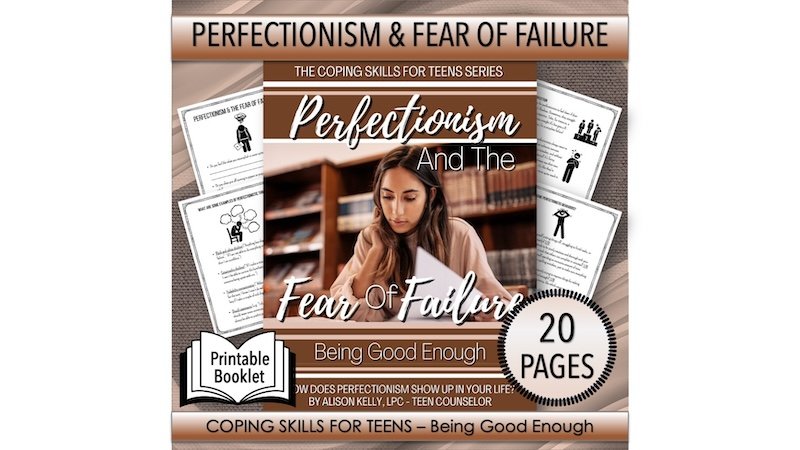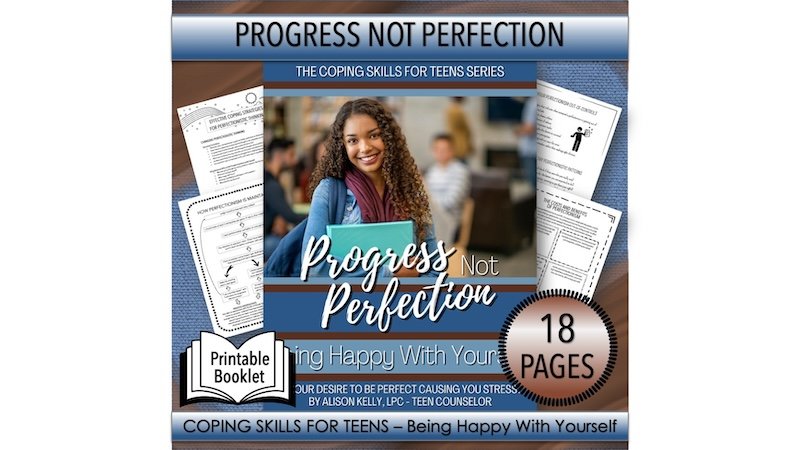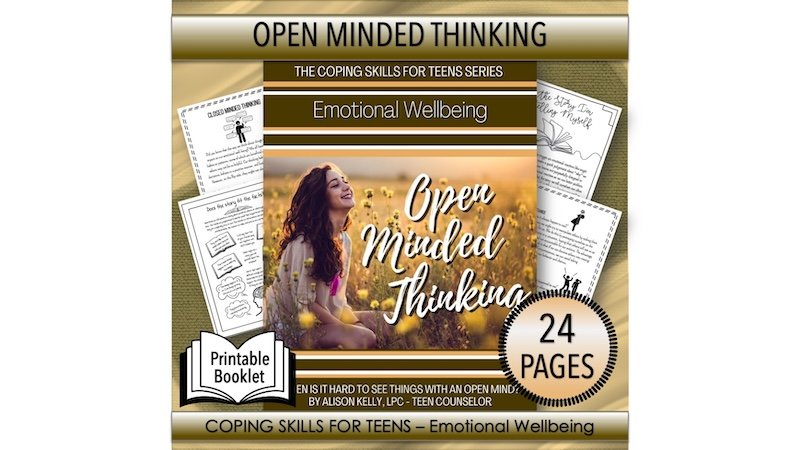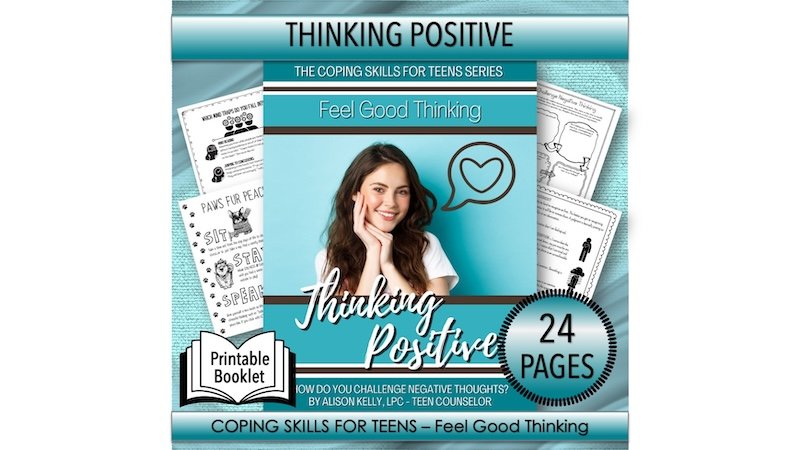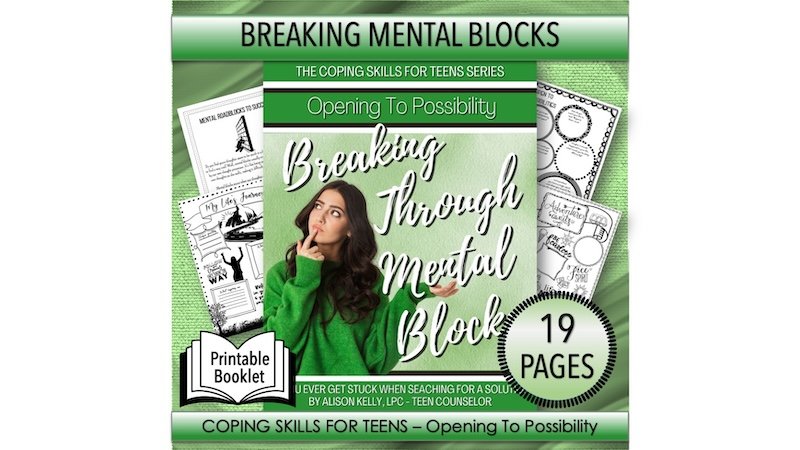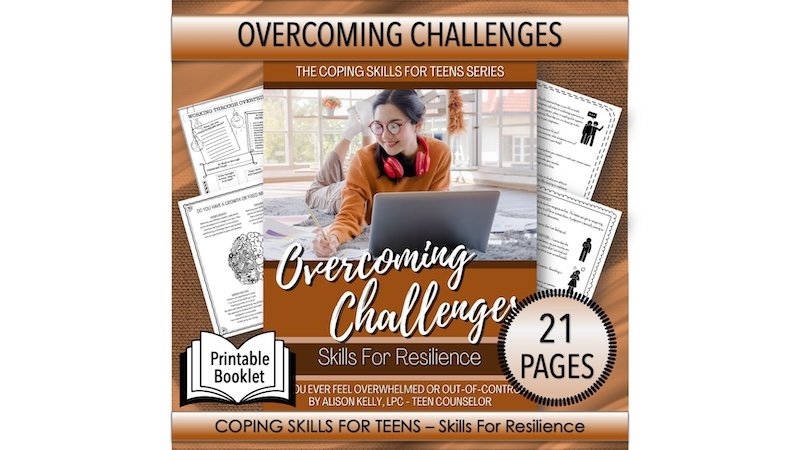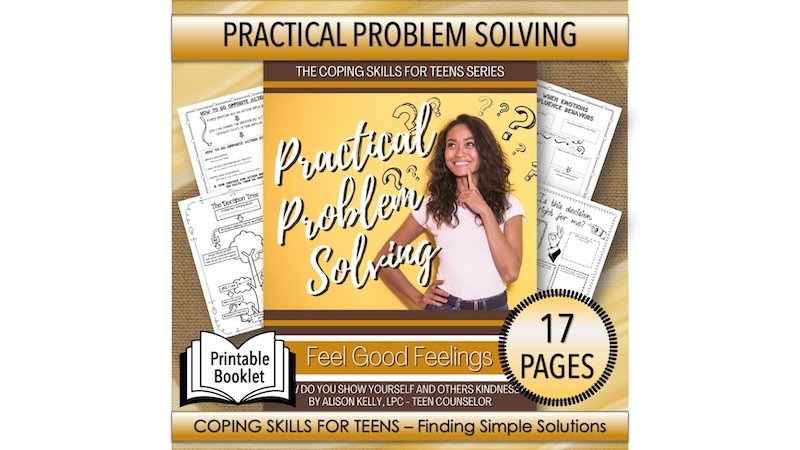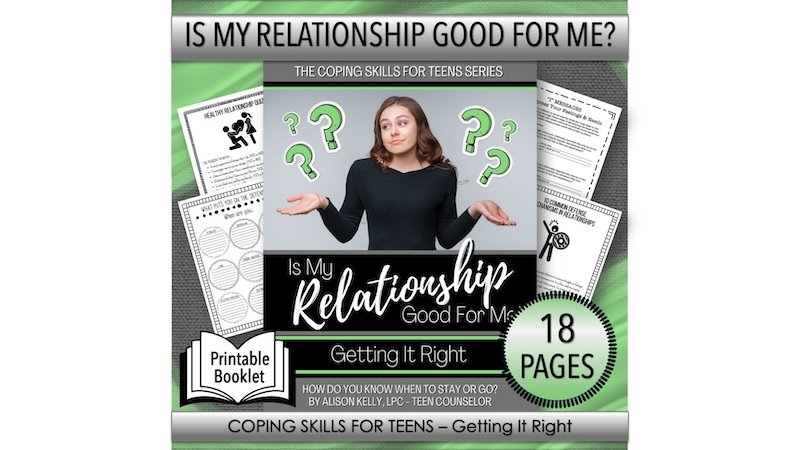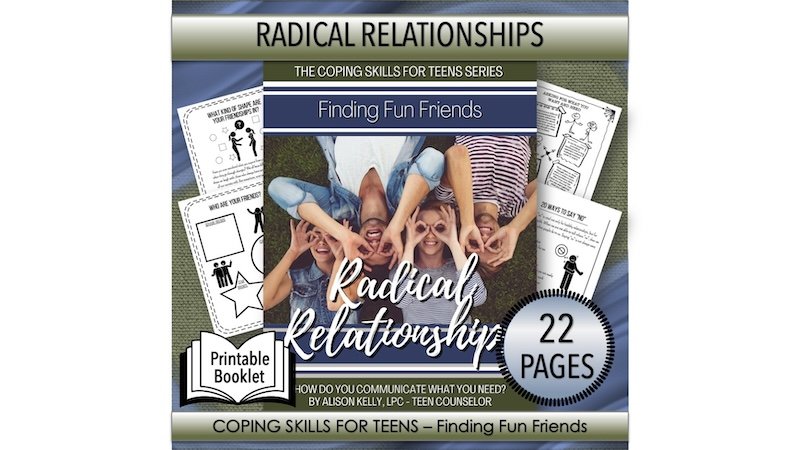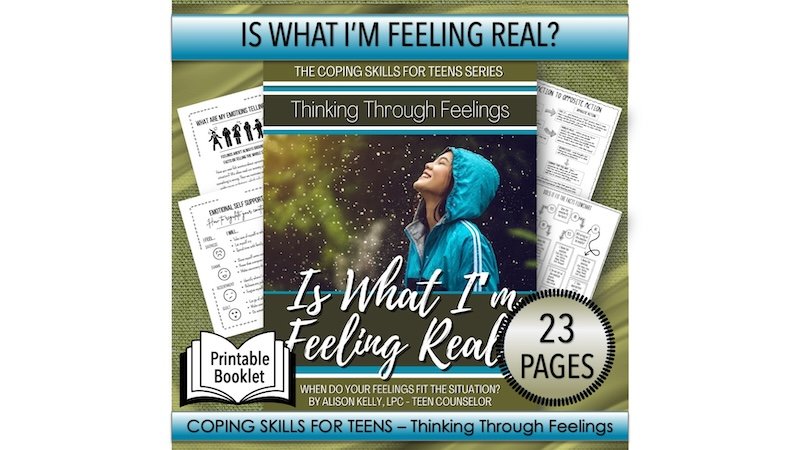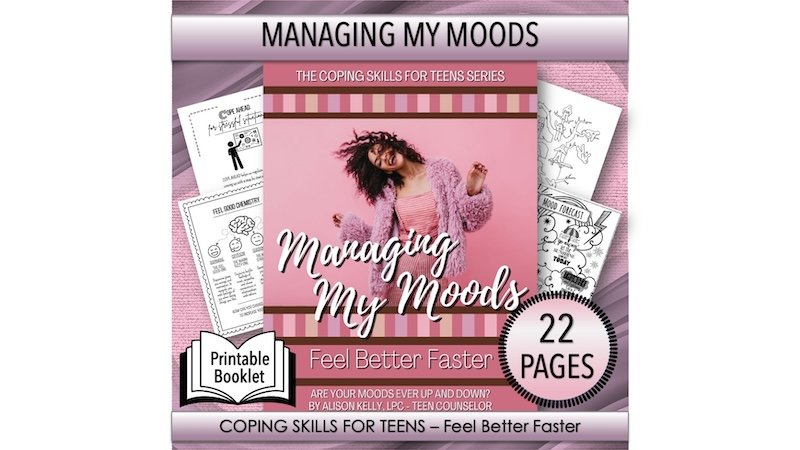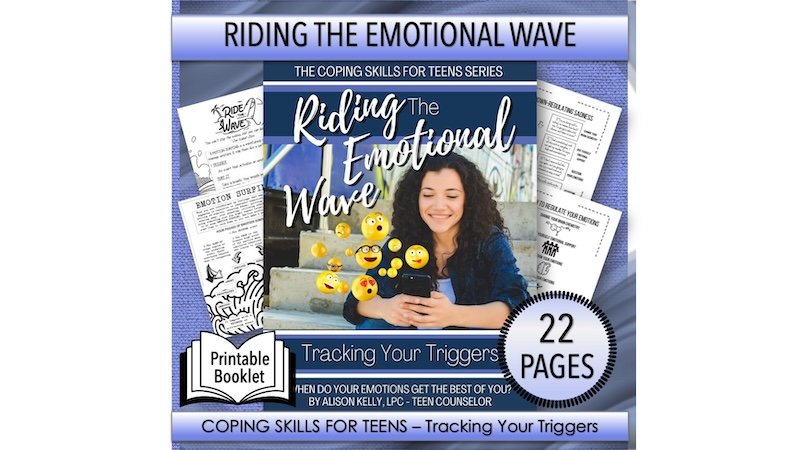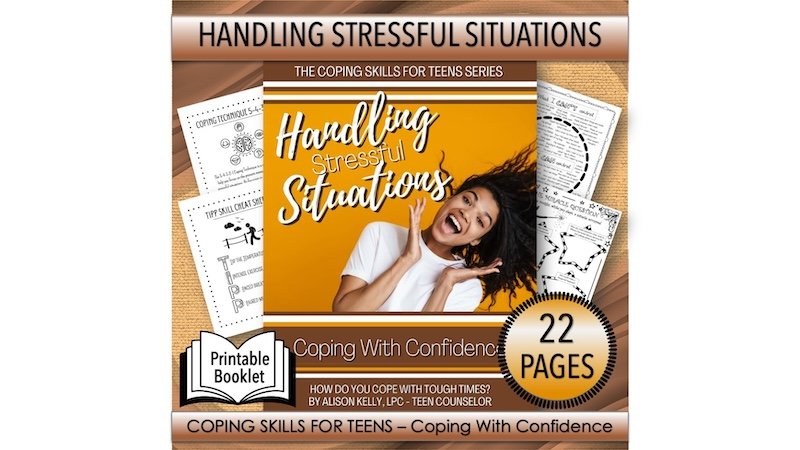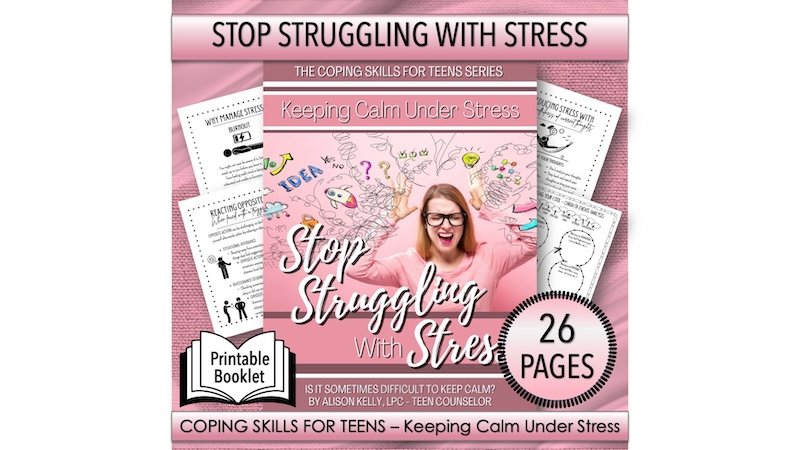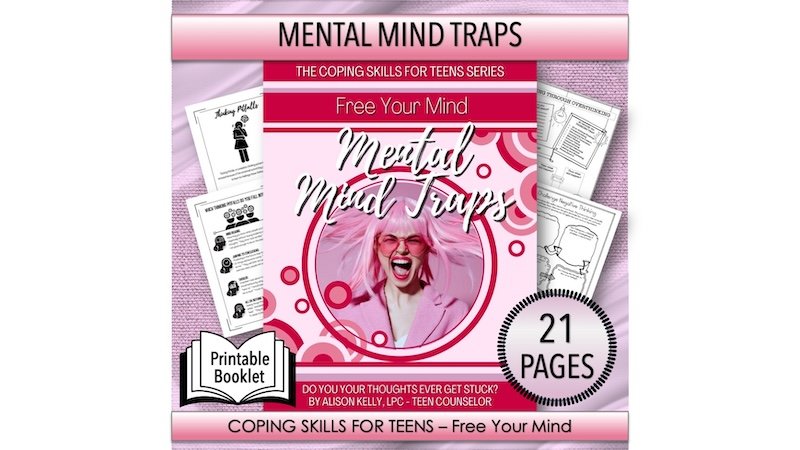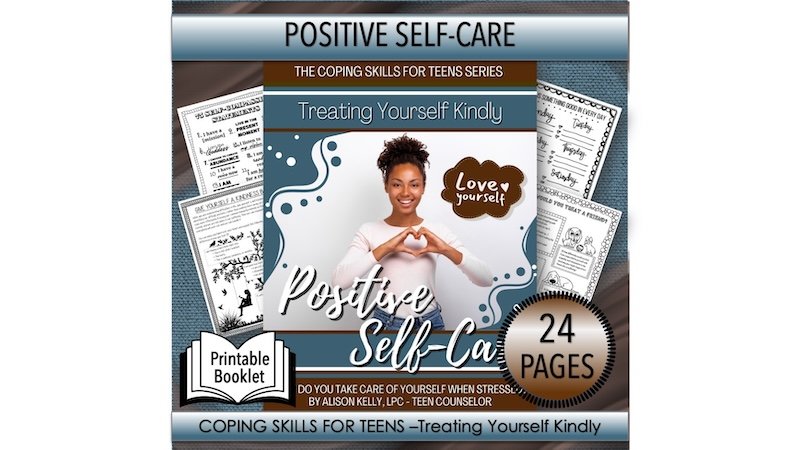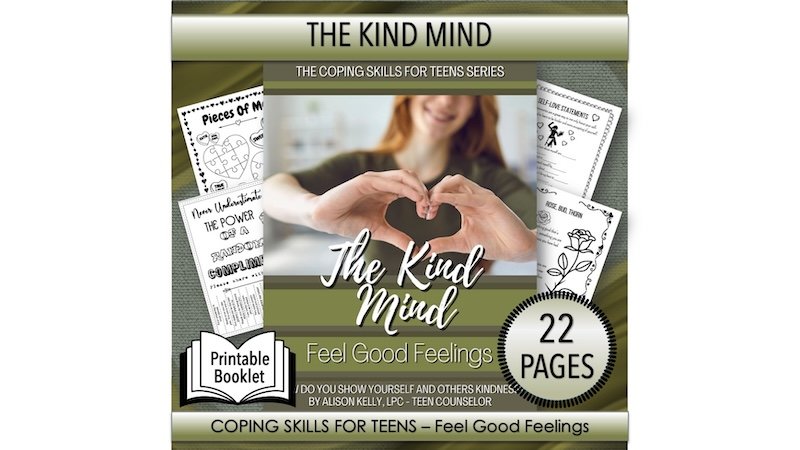Trauma Counseling For Adults, Children, & Adolescents
Any event or experiences that shatters your sense of security, leaves you feeling confused, sad, shocked and sometimes feeling powerless to prevent it can be considered traumatic. Often times people who have experienced trauma will find themselves reliving the trauma over and over again. Counseling can be a helpful in processing the traumatic event so that you can move forward.
Types of Trauma
Intense single event
This is a one-time occurrence that is so traumatic and disturbing that the individual cannot get over it alone. Such events may include an automobile/industrial accident, mugging or other act of personal violence, rape, abduction, robbery, a serious threat to life (of self or a loved one), natural disasters (earthquake, fire, hurricane, tornado, flood, etc.), and acts of terrorism.
Repetitive, ongoing events
This type of trauma may continue for an unbroken or a long period of time and may be repetitive in nature. Such events may include self sexual or physical abuse, physical or psychological neglect of a profound nature, witnessing sexual or physical abuse and/or violence against others, prolonged illness or extensive medical procedures, military combat, torture, prisoners of war, kidnapping or other forms of captivity.
Combination
Trauma in this category includes repetitive and ongoing events with intense single event trauma and may occur either at the same time or be separated by long periods of time.
The stress accompanying traumatic events demands coping strategies of the individual that far exceed their capabilities. They develop protective psychological mechanisms to help them deal with the stress, but this comes with a severe penalty. Over time, even after the trauma may be long past, the mind has not been able to reconcile the trauma with the sense of self. Without professional treatment, such individuals eventually become unable to function normally, as they are stuck in the past with these unresolved traumatic memories.
Unresolved emotional trauma can wreak havoc on even the most high-functioning individual. Symptoms of emotional trauma include the following:
• Episodes of lost time or dissociation
• Hopelessness or despair
• Low self-esteem
• Isolation from others
• Intense feeling of abandonment or loss
• Desire to harm one’s self
• Loss of meaning to live or sense of purpose
• Distorted sense of self or body image
• Feeling alienated from others or emotional numbness
• Chronic fatigue, insomnia, lethargy, loss of interest in normal activities
• Chronic anger or resentment
• Poor impulse control
• Obsessive thoughts or worries of an unwanted nature
• Night terrors, flashbacks, nightmares
• Inability to organize, plan or make decisions
TRAUMA COUNSELING FOR CHILDREN AND TEENS
Children suffer from traumatic events just as adults do. Motor vehicle accidents, sexual, verbal or emotional abuse, natural events such as tornadoes or fire, knowing a friend or schoolmate who may have committed suicide, or even death of a very close loved one may cause a child to feel anxious, depressed or even confused.
Oftentimes children who suffer from a traumatic event are unable to understand or express themselves in order to tell an adult that they are struggling. Oftentimes adults may notice a change in behaviors or emotions of their child. Some symptoms that children may experience are anxiety, sadness, nightmares, episodes of crying, anger and lashing out, becoming solitary and quiet, suddenly doing poorly at school, isolation/withdraw from friends and family, perhaps even participating in self-destructive behaviors such as drinking and taking drugs.
Adults who notice that their children are struggling with a trauma should seek professional help. I have experience in assisting children and teenagers be able to express themselves in a safe and caring environment. I utilize multiple therapeutic approaches to assist children in processing their trauma and work with them to find the best fit whether it be narrative therapy or art therapy for example and can even utilize family therapy to include parents or caregivers in the healing process. I have also utilized Progressive Counting, a type of guided imagery technique, as a therapeutic approach with children who may benefit in quickly resolving their feelings of trauma and anxiety.
Is Your Teenager Continuing to Struggle Emotionally And Physically Following A Traumatic Event?
Has your teenager experienced or witnessed a traumatic event? Since the event, have you observed noticeable changes in your teen’s emotional wellbeing and behaviors? Perhaps your teen has been experiencing nightmares or flashbacks or seems fearful of people, places or situations that remind him or her of the trauma. Or maybe your teen is constantly angry, acting out and easily triggered. Does your teenager seem edgy, struggle to focus, or suddenly have trouble with peers or in school? Is your teen prone to intense bursts of crying, withdrawing from friends and family or exhibiting other symptoms of depression? Has your teen complained of physical discomforts, such as stomachaches, headaches or other pain? Do you wish you knew how to help your teen feel better and function well again?
Watching your teen suffer from the repercussions of a traumatic event can leave you feeling overwhelmed, frightened and helpless. You may struggle to know how to help your child or how to determine how severely affected your teen is by the experience. It’s important to note that trauma is a highly individualized experience, and its effects are determined by the intensity of a perceived helplessness. What traumatizes one person may have a lesser effect on another. After experiencing trauma, however, it is not unusual for teens to fear that their current safety is at risk and become unable to trust themselves and others. Emotions can shift from agitation to depression quickly, and many teens either withdraw or act out.
Your teen’s trauma may have been caused by a single incident, such as a serious car accident. Or the trauma may be developmental, which can include child abuse or other types of abuse that occurred more than once, over time. Depending on the nature of your teen’s traumatic experience, he or she may have developed post-traumatic stress disorder (PTSD), which can have enduring effects. And, trauma is not created by the actual event, but rather by your teen’s nervous system and psyche’s inability to discharge shock from the body. When the normal fight/flight response freezes, panic and fear become “stuck” in the body, causing a major disruption to the function of the nervous system – which is why trauma symptoms are expressed physically as well as emotionally.
Teenage Trauma Is Not Uncommon
We live in a demanding, busy culture, and teens are not immune to the stresses and upsets that infiltrate our daily lives. Trauma occurs every day, and some teens are less resilient than others. And, trauma can occur following any event in which a teen feels threatened and helpless. Many teens experience trauma due to divorce, abuse (which can be peer or sibling abuse as well as physical, sexual or emotional), accidents, multiple surgeries and natural disasters.
If your teen has been exposed to a traumatic event and you’re observing major changes in behavior that are not subsiding, getting help as soon as possible is critical.
Therapy Can Help To Mitigate And Heal Teenage Trauma
With the help of a therapist who is specifically trained to treat teenage trauma, your teen can experience relief and begin to heal. Effective trauma therapy is a somatic, purposeful and mindful process. Because trauma is held in the body, somatic approaches are a necessary component of trauma therapy. It’s also important that your teen develops a trusting relationship with his or her therapist, rebuilds the nervous system and feels secure in his or herself and environments again before approaching the traumatic event.
In sessions, I can help your teen identify, explore and address any erratic, numbing or intense emotions and uncomfortable physical symptoms. We can address the feelings of grief and loss that come after a life-changing event and devise the healthy and effective skills needed to cope during this challenging time. In sessions, your teen can also develop an increased self-awareness, build a better understanding of emotional triggers, and learn supportive techniques to use when anxiety or other distressing feelings and sensations surface. You teen can develop a mindfulness practice and learn healthy ways to handle stress and triggers.
Using modalities and approaches designed and proven to treat trauma, I can help your teen get back on track, re-regulate his or her nervous system and heal from trauma. With help and a slow, deliberate approach, your teen can release painful emotions, increase resiliency, restore balance and harmony, and regain his or her life. It is possible for your teen to let go of fear, anxiety and pain and feel whole again.
Your Teen Can Experience Relief
I invite you to call me for a free 15-minute consultation to discuss your teen’s specific situation and needs and to answer your questions about teen anxiety and my practice. You can reach me at 404-386-6130 or fill out the form below.
If you would like to set up a complementary 15 min. phone consultation or schedule an appointment, call 404-386-6130 or email alison@kellycounselingandcoaching.com You can also fill out the form below. Please note that counseling and coaching services are for Georgia residents only. Thank you and let me know if I can be of any further assistance.
I’m interested in counseling and coaching for my daughter:
*Please note: This form is NOT encrypted or secure. Refrain from sending any personal or confidential information via this form
*NEW* WORKBOOK SERIES FOR TEENS BY ALISON KELLY, LPC
DO-IT-YOURSLEF DBT
WORKBOOK SERIES FOR TEENS
DOWNLOAD OUR FREE WORKBOOK
THE 101 COPING SKILLS CHALLENGE WORKBOOK FOR TEENS!
Download the 101 Coping Skills Challenge Workbook For Teens and help your teen get a head start for setting them up for success with practical tools for decreasing their stress level, increasing their self-confidence, and building self-esteem!
COPING SKILLS SOLUTION SETS
Copyright ©2019. All Rights Reserved For Kelly Counseling And Coaching
Terms & Conditions / Privacy Policy / Disclaimer



